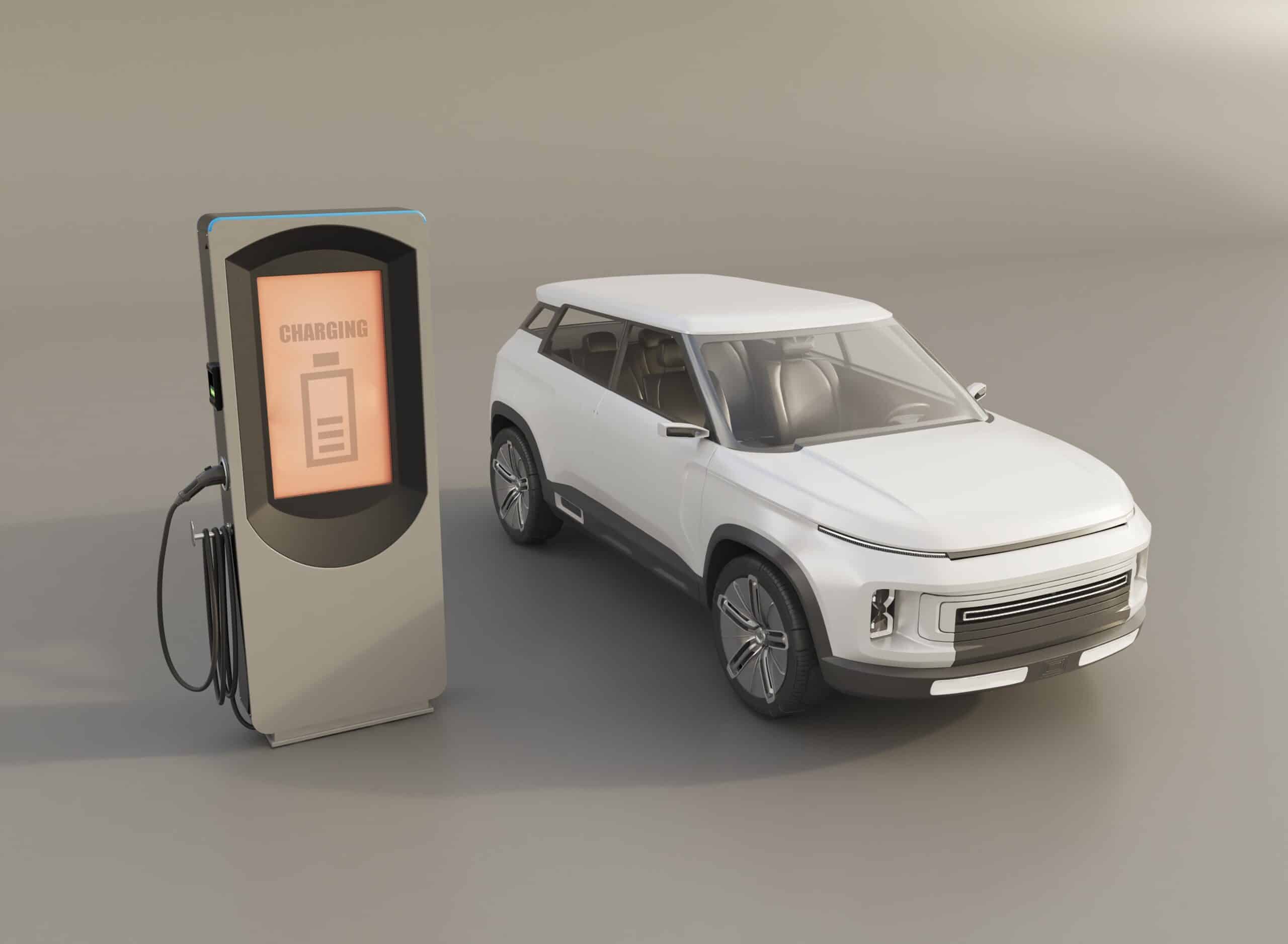
Does a Hybrid Battery Need Conditioning or Replacement?
Hybrid vehicles have gained popularity due to their eco-friendly design and improved fuel efficiency. A crucial component in these vehicles is the hybrid battery, which stores and supplies power to the electric motor. Over time, like any other battery, it can experience degradation and require attention. The question arises: when should a hybrid battery be conditioned or replaced?
Conditioning vs. Replacement
Conditioning: Conditioning a hybrid battery involves optimizing its performance without replacing it entirely. This process aims to recalibrate the battery’s cells, balancing their charge and ensuring they work cohesively. Typically, this procedure is part of routine maintenance and can be done through specialized diagnostics tools available at service centers.
Replacement: In cases where conditioning doesn’t yield the desired results or the battery has surpassed its lifespan, replacement becomes necessary. The lifespan of a hybrid battery varies widely depending on factors such as vehicle model, driving habits, climate conditions, and maintenance. On average, they can last anywhere from 8 to 15 years or more.
Indicators for Conditioning or Replacement
Several signs indicate when a hybrid battery might require conditioning or replacement:
Reduced Fuel Efficiency: A noticeable drop in fuel efficiency could signal a problem with the hybrid battery. If the car seems to be using more gasoline than usual, it might be time for a battery check.
Dashboard Warnings: Most hybrid vehicles are equipped with warning lights specific to the hybrid system. If these lights illuminate, it’s crucial to have the battery system inspected by a qualified technician.
Decreased Performance: If the hybrid vehicle’s electric mode doesn’t engage as seamlessly as before or if there’s a noticeable decline in overall performance, it could be due to a compromised battery.
Age and Mileage: Hybrid batteries, like traditional car batteries, degrade over time. Once a hybrid vehicle reaches a certain mileage or age threshold, it’s advisable to have the battery assessed for potential conditioning or replacement needs.
Maintenance and Care
Regular maintenance plays a significant role in prolonging the life of a hybrid battery:
Follow Manufacturer’s Guidelines: Adhering to the manufacturer’s recommended service intervals ensures timely checks and necessary maintenance.
Optimal Driving Habits: Smooth acceleration, avoiding rapid braking, and maintaining a consistent speed can reduce stress on the battery and contribute to its longevity.
Climate Control: Extreme temperatures, whether hot or cold, can impact battery performance. Parking in shaded areas or garages and avoiding extreme temperature fluctuations can help.
Consulting a Professional
When in doubt, it’s best to consult a certified technician or the vehicle manufacturer. These professionals can conduct diagnostic tests to evaluate the battery’s health and recommend appropriate actions.
Conclusion
Hybrid batteries are a cornerstone of the vehicle’s eco-friendly and fuel-efficient design. Knowing when to condition or replace a hybrid battery is crucial for maintaining the vehicle’s performance and ensuring its longevity. Regular maintenance, awareness of warning signs, and timely professional assessment are key to keeping a hybrid vehicle’s battery in top shape.
Remember, proper care and attention to your hybrid’s battery can contribute to both your driving experience and the vehicle’s overall sustainability.


